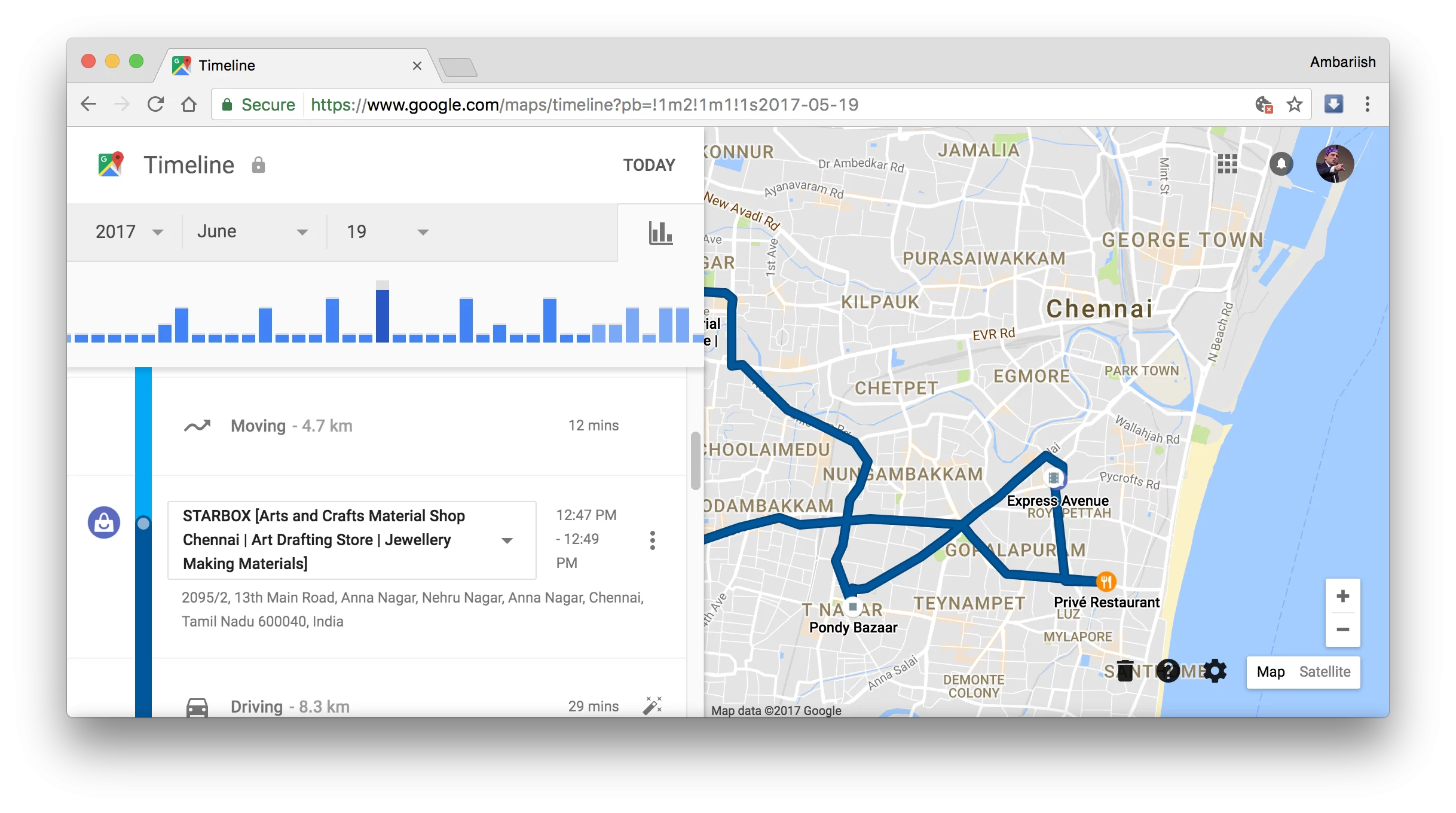Google location history is a feature that tracks and records the locations that a user’s device has been to. Many people wonder how accurate Google location history is in tracking their movements. This feature uses a combination of GPS, Wi-Fi, and cell tower data to pinpoint the user’s location, but the accuracy can vary depending on the strength of the signals and other environmental factors. Users can view their location history on a map and see the places they have visited and the routes they have taken.
One of the most frequently asked questions about the accuracy of Google location history is whether it can track indoor locations. While GPS signals may not be as strong indoors, Google location history can still use Wi-Fi and cell tower data to estimate the user’s location inside buildings. Another concern is the potential for inaccuracies in densely populated urban areas with tall buildings that may obstruct the signals. Additionally, users may wonder about the privacy implications of such detailed location tracking and whether their data is secure. Despite these concerns, many find Google location history to be a useful tool for remembering past travels and tracking daily routines.
How accurate is Google Location History?
Google Location History is a feature that allows users to track their whereabouts and view their past locations on a map. The accuracy of Google Location History depends on a few factors, including the type of device being used, the strength of the GPS signal, and the frequency of location updates. In general, Google Location History can provide fairly accurate location data, especially when the device has a clear line of sight to GPS satellites and is connected to a strong network signal.
However, it’s important to note that Google Location History may not always be 100% accurate. In some cases, the location data may be affected by factors such as signal interference, indoor environments, or limited GPS connectivity. Additionally, the accuracy of location history can also be impacted by the user’s settings and permissions, as well as any potential issues with the Google Maps app or the device’s operating system.
What factors can affect the accuracy of Google Location History?
Several factors can influence the accuracy of Google Location History. First and foremost, the type of device being used can play a significant role. Smartphones with high-quality GPS hardware and strong network connections are more likely to provide accurate location data compared to older or less advanced devices. Additionally, environmental factors such as tall buildings, dense urban areas, and underground locations can impact the accuracy of GPS signals and, consequently, the accuracy of location history.
Furthermore, the frequency of location updates and the settings configured by the user can also affect the accuracy of Google Location History. Users can choose to enable or disable location services, adjust location accuracy settings, and manage app permissions, all of which can impact the quality of the location data being recorded. Finally, potential technical issues with the Google Maps app, the device’s operating system, or the user’s network connection can also contribute to inaccuracies in location history.
How does Google improve the accuracy of Location History data?
Google employs several strategies to improve the accuracy of Location History data. One method is through the use of advanced algorithms that can compensate for potential errors in GPS signals, such as signal drift or multipath interference. These algorithms can help to smooth out location data and provide a more accurate representation of the user’s movements.
In addition, Google may also utilize data from other sources, such as Wi-Fi networks, cell towers, and Bluetooth beacons, to enhance the accuracy of Location History. By cross-referencing GPS data with information from these alternative sources, Google can improve the overall precision and reliability of location history data. Furthermore, Google continuously updates and refines its mapping data, which can also contribute to more accurate location history information for users.
| Scenario | Accuracy |
|---|---|
| Walking in a city | High |
| Driving on highways | High |
| Using public transportation | Moderate |
| Inside buildings | Low |
SONUÇ
Google Location History provides high accuracy for outdoor activities like walking and driving, but the accuracy decreases in indoor environments and when using public transportation.



